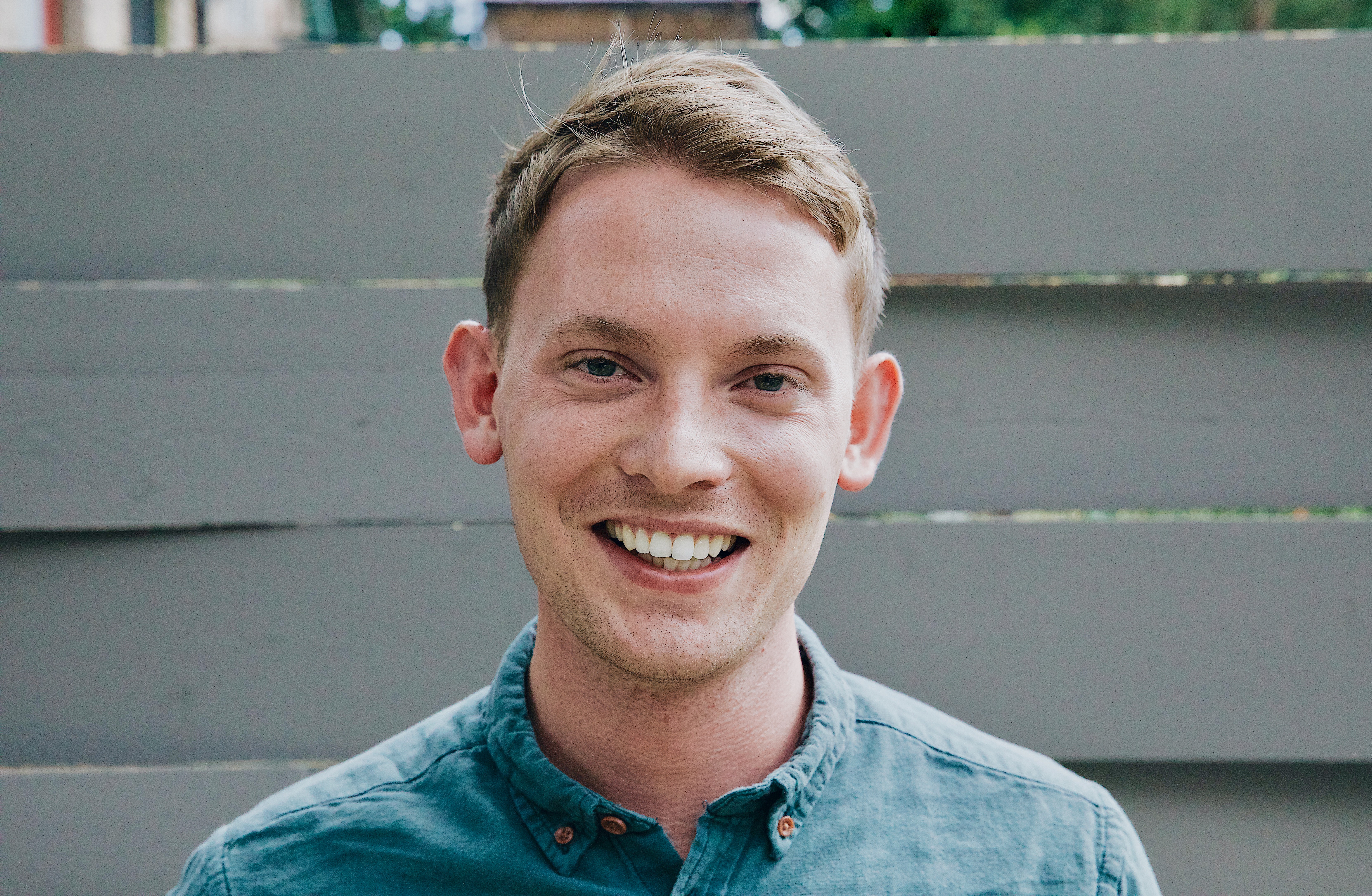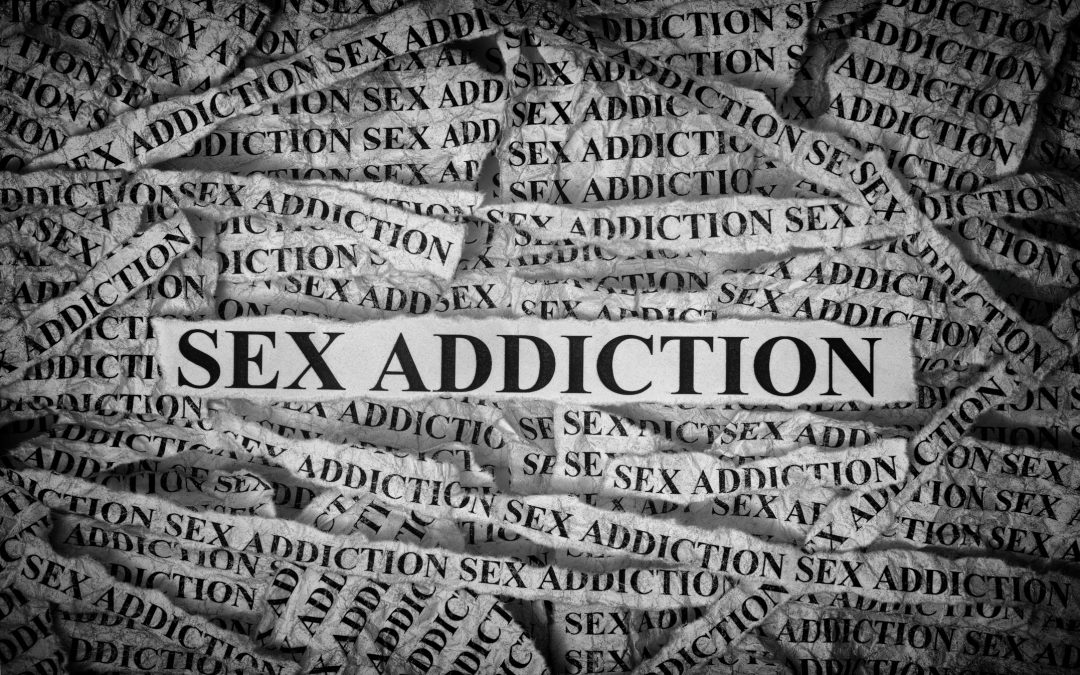There is a lot that we can become addicted to. We have social media, food, shows, movies, video games, sex, alcohol, substances, news, fitness, approval, technology, relationships, money, success, work, novelty, thrill, and the list goes on and on. Whew. In this, I will be discussing what sexual addiction specifically looks like, risk factors that can contribute to developing a sex addiction, and possible ways out. To begin, let’s first talk about what sexuality and sexual desire is. Sexuality is a natural, important, and beautiful part of being human. Sexuality permeates through all parts of our experience by affecting the way we relate to the world and to ourselves. The ways we see ourselves as men and women, as partners, what jobs we are told are available to us, how we understand our relationship to God, and how understand our own power are all colored by our sexuality. So, I feel it is important to talk about.
Let me also define what I mean when I am using the term “sex addiction.” It is sexual experiences (watching pornography, masturbating, romantic fantasy, intercourse, hooking up, paying for sex, etc.) that are compulsive actions instead of free decisions. I am not writing to debate the morality of any of these behaviors. I am writing to point out that what makes a sex addiction harmful is its threat to our ability to make free, mindful choices. Sex addiction is not about sex. It is a process addiction which means it is an addiction to the search for sex and the hope of finding that thing we are ultimately looking for (acceptance, love, relief, etc.) Also, sex addiction is not measured quantitatively (how much sex/porn one is engaging in); it is measured qualitatively (how it is affecting our relationships and quality of life). It is important to discern what our own values around sex are and how our actions line up with them.
What is happening in our body with a sex addiction?
When we experience any discomfort, our brains go into problem-solving mode to alleviate it. Our brain wants to ease the discomfort we experience as quickly and efficiently as possible. For example, if I have an itch on my arm, I scratch it with my hand. If I have an itch on that middle part of my back, I have to think more creatively about getting to that spot. We become more creative to alleviate discomfort as the itch becomes harder to reach. Most of the pains we experience are far more complicated than an itch, so we must use more creative ways to relieve the discomfort. When we have a complicated itch, we need an appropriate and nuanced solution. Sex and orgasm are powerful experiences that release a flood of reward hormones in our brains. If we use sex and orgasm in response to distress, we will feel relieved. In our brains’ experience, the problem or “itch” is solved when we feel better. However, if the problem is still there, our brains will have to go into problem-solving mode again, and since last time felt so good, let’s try it again. Thus, the cycle reinforces itself. Our solution becomes our problem.
What are the risk factors that contribute to developing a sex addiction?
Risk factors are characteristics or experiences that can make us more vulnerable to developing an addiction, and they can be things like loneliness, stress, depression, anger, lack of direction/purpose, trauma, or crisis. The current events of a global pandemic, confusing and constantly changing guidelines, social injustice, racism, and an upcoming presidential election are absolutely risk factors that can increase our feelings of distress that we want to alleviate as fast as we can. When our sexual addiction grows outside of the boundaries of our values, shame manifests itself. Shame is added pain on top of what we are already experiencing. Our brain, being the efficient machine that it is, has to go into working overtime to not only manage the feelings of distress but also try to alleviate the shame we feel. Shame also takes up energy to maintain itself which depletes the energy needed for our internal resources like confidence, patience, and inner peace. When we have few internal resources, we become more externally referenced which means we need others’ approval, validation, or love to maintain our own sense of security which is exactly what sex seems to offer us.
To live in freedom and without shame, we must do the difficult work of helping ourselves, especially in these trying times. It is so important to be aware of your unique vulnerabilities, name your own risk factors, and figure out your own experience of shame. I listed only a few general ones here. One way out of this cycle is confronting shame, and as Brené Brown puts it, the cure to shame is vulnerability. True vulnerability is not just listing off actions we feel bad about to someone. True vulnerability is taking the risk of sharing the why behind our actions. The things we are scared of, intimidated by, worried about, hurt from, or avoiding are some of the most difficult things to talk about. It may be difficult to think about having these deeper conversations with people in our lives or it may be difficult to even know ourselves what our deeper longings are. When this mountain seems too big to climb, we begin with just one step in the direction we want to go.
A good place for making a road map is by laying it all out there through writing out your entire sexual history. This is not for anyone but you, so you do not need to worry about who is going to read it, whether it is grammatically correct or not, or what you need to protect. You can write it out in a journal or dictate through a voice to text app. You can break up your history into segments like 5- or 10-year chunks or into stages like childhood, adolescence, young adult, adult, etc. Also, you can draw out a timeline of the formative experiences (both positive and negative) and see where they line up with other parts of your life. In this exercise, you are wanting to see how your experiences impacted your development to bring you into the person you are today. Here are some questions that can help direct your exploration:
- What were my first feelings and awareness of being a boy/girl?
- What did I sense from my parents about their feelings/attitudes toward my gender?
- What are my earliest memories of feeling shame?
- What was my family’s attitude toward touching, affection, and physical expressions of love?
- How did school affect my view of my gender?
- What was my experience of my first crush/infatuation like?
- How and when was sex education and sexual development conveyed to me?
- How did I feel about my body when it began to change from puberty?
- How did my spirituality affect my understanding of my sexuality?
- How did my race/ethnicity affect how I understood my sexuality?
- What role did masturbation/sexual fantasy play in my sexual development?
- How did I handle the internal and external pressure to become sexually active?
- What was my dating life like? Marriage? If you’ve never dated or married, what has singleness been like?
There are many more questions that could be asked, but what is most important is that you are being honest and vulnerable with yourself. The next step is to reflect on how you felt as you did this exercise. Were there feelings of relief, shame, hurt, fear, or anger? Were there things you did not want to write down? Why was that? Does remembering some memories/experiences affect you more than others? As you reflect on your experience of writing out your sexual history, the parts that still seem “hot,” as in still feel raw or painful to think about, might be the places that you need to go to find healing. This is where a therapist can be helpful so that you can have a safe person with you to navigate these painful places well.
As you look back, it is also important to look forward. Despite what your story might have been, who do you want to be? Are you on the path to becoming that person? When painful memories pop up, what is the message that comes to mind about yourself? This is hard work! It is important to have the support of a group, a good friend, or a therapist so that you can have other voices to encourage you and point out your strengths and where you have grown. Self-compassion will also be essential to confronting these painful memories and changing unwanted behavior. Are you ready to take that first step?

Gabriel Pfeiffer
Licensed Professional Counselor Candidate (LPCC)
Gabriel Pfeiffer, MA is a Licensed Professional Counselor Candidate (LPCC) at Grace Counseling in Littleton, CO. He specializes in issues related to identity, sexuality, spirituality, anxiety, and depression. If you or someone you know is experiencing any distress related to these issues, please share this blog or his contact. Thank you.
Make a Difference in Someone's Life
If you enjoy reading WGA’s blogs and would like to show your support, please consider making a donation. Where Grace Abounds is a 501(c)3 non-profit organization. The majority of services, including support groups and discipleship counseling, are provided free of charge. Your financial gifts help to cover the costs associated with offering a free program to those who seek WGA’s services.

